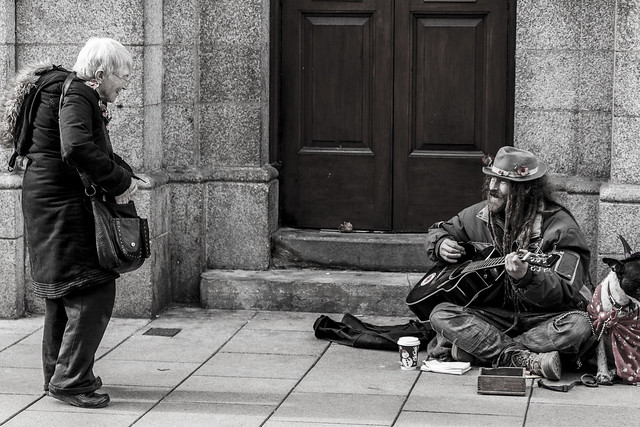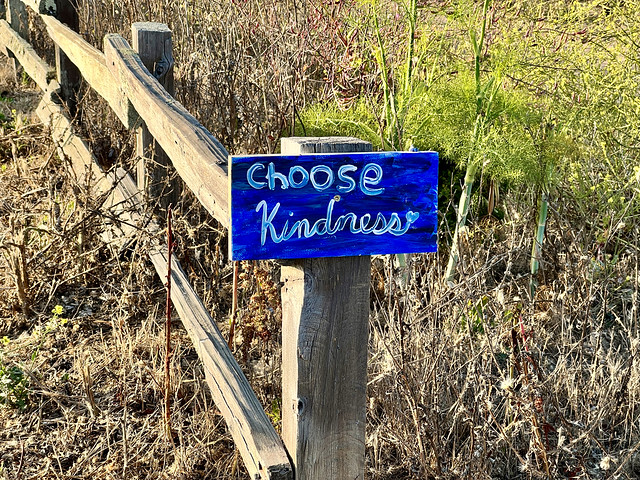#BeKind and #AlwaysKind are hashtags that you often find on social media platforms like Twitter, not least because those platforms can be places where people are incredibly unkind. The unkindness of social media can take the form of cruel or nasty words, lies about people, racist, misogynistic or homophobic opinions and language or even telling people they should be hurt, raped or killed.
So what does it mean to be more kind? The Twitter experience perhaps suggests that we should spend more time restraining ourselves, retraining ourselves and refraining from the things we want to say and do, just because we can.
When we think about living as more relational people, it’s not just our in-person relationships that we need to consider. In today’s complex and technological world, where we are all required in some way to be online, we have to negotiate relationships where we perhaps never see or meet the other people we communicate with, in the flesh. How can we be more kind in the daily transactions of our busy lives and build up the relationships which allow human beings to flourish?
A story
Back in the 80s a woman starting a job in the administration of a very large hospital quickly discovered that she needed the help of many other people working at other hospitals in the area. Every morning she would phone two other hospitals for patient notes to be sent over, then talk to a succession of medical secretaries about consultant appointments. She would phone the ambulance service for ambulance transport for vulnerable and elderly patients coming into clinics and phone the testing services to ask about patient test results. She would then phone the nursing agency for help with cover for gaps in the nursing staff.
Over the course of a number of years, the woman got to know a series of people she had never met but on whom she relied. She would look forward to talking to Joanne, Nancy, Jennifer, Matt, Karim and José as over the years they had not just talked business, but shared confidences, family stories and commiserated together when things had gone wrong. She got to know their quirks and individual personalities. She missed them when they were unwell or on holiday. Patient notes and test results arrived efficiently but were also sometimes accompanied by personal handwritten notes, postcards or funny quotations. When the woman left her job, she phoned each of her friends to say goodbye, thanking them for their unfailing kindness in helping each other out and saying how much she would miss their kindness, camaraderie and personal contact. She still had no idea what any of them looked like and would have passed them in the street, but they remained in her memory as wonderful relationships in her working life.
Some ideas to ponder:
- Why do you think social media platforms can be so unkind?
- How do you feel when someone you don’t know has been kind, generous with their time and helpful? What about when people are rude, indifferent or unhelpful?
- With people working from home more and more, do we need to work more on our skills of kindness and remote relationships in order to prosper and flourish?
- How do our in-person and online experiences of church help us to learn to be more kind?
- What ONE thing could you change or do in your own life to be more kind to others?



